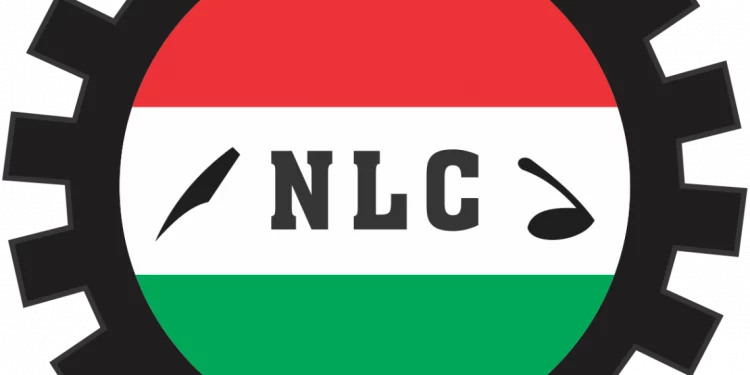The Nigeria Labour Congress (NLC) has renewed calls for an upward review of the national minimum wage, arguing that the current ₦70,000 benchmark is no longer sustainable in the face of rising inflation and cost of living pressures.
Speaking in an interview, NLC’s Acting General Secretary, Benson Upah, said workers are “struggling to survive” despite recent wage adjustments by some states.
“The truth is that ₦70,000 minimum wage is not sustainable under the current economic situation. Workers are under immense pressure, and unless the government responds quickly, the crisis of survival will only worsen,” Upah said, adding that while the union is committed to dialogue, industrial action remains an option if the Federal Government fails to act.
The Association of Senior Civil Servants of Nigeria (ASCSN) echoed the same concerns. Its President, Shehu Mohammed, commended states that have raised wages, describing such moves as “eye-openers” for the Federal Government.
“From the beginning, our demand was for a living wage. We submitted ₦250,000 as a reasonable benchmark. Let’s be realistic—if you pay electricity bills out of ₦70,000, what remains cannot sustain a family for 10 days,” he said.
Mohammed also urged governments to complement wage increases with policies that reduce the cost of living, such as affordable housing, healthcare, and subsidised transportation.
States Begin to Move Beyond ₦70,000
Meanwhile, pressure is mounting from states, with organised labour in Ogun State considering a new minimum wage of ₦104,000 for civil servants.
The state NLC Chairman, Hameed Benco, said rising federal allocations to states make such an increase feasible.
Similarly, TUC Chairman, Akeem Lasisi, confirmed plans to meet Governor Dapo Abiodun over the wage demand, citing Imo State’s approval of ₦104,000 minimum wage under Governor Hope Uzodimma as a model for other governors to follow.
“If Imo can do it, Ogun can too,” Lasisi stressed.
The Bigger Picture
The debate comes at a time when organised labour continues to push for a living wage rather than a symbolic adjustment, warning that inflationary pressures risk eroding any gains from the ₦70,000 wage approved earlier in 2025.
Analysts say the outcome of fresh negotiations could reshape wage dynamics across states and set a new benchmark for the Federal Government.










